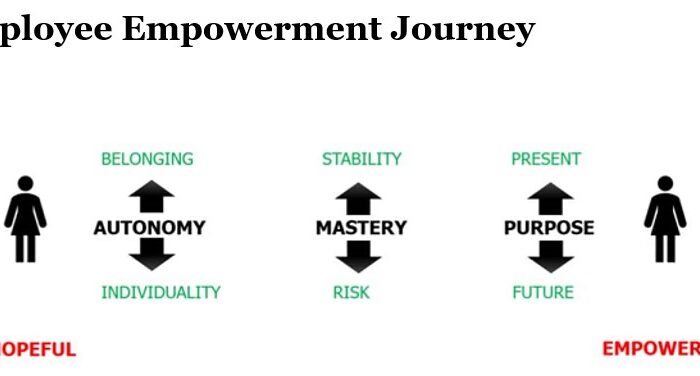If you’ve attended any of my events recently, or are subscribed to the Shirlaws ‘Love Business News’, you’ll know that ‘Innovation’ is a currently key focus for Shirlaws globally. After the global recession sparked our ‘Thrive, not Survive’ campaign, we have now evolved into ‘Thrive to Innovation’.
Now is the time to use the full range of your business assets, both cultural and commercial, to innovate. #ShirCC13 #Shirlaws
— Darren Shirlaw (@DarrenShirlaw) November 15, 2013
Importantly, Innovation in this context “doesn’t have to be magical, earth-shattering, mind-blowing or Nobel prize-winning”. As Darren Shirlaw writes in this article, “Something is an innovation if you simply do things differently…Many people get caught up thinking that innovation must be a horse-to-car scenario. Ninety-nine times out of a hundred innovations don’t reach that level and, for instance, could be as simple as re-packaging.” Yet I’m finding it’s still a term fraught with danger. And a great conversation on Twitter today has reinforced this.
I wonder if any innovation has ever come out of something called an “innovation center” — Sam Altman (@sama) September 27, 2014
interestingly, “research center” or “laboratories” have often worked well. something about the sort of co that chooses the word “innovation”
— Sam Altman (@sama) September 27, 2014
(If you’re not familiar with Sam Altman, he is the President of Y Combinator and a practical inspiration for startup founders and innovative entrepreneurs.) Programmer, investor, and General Partner at Andreessen Horowitz Chris Dixon then made what I feel is an insightful observation:
@sama innovation is a business word. research is engineering word. — Chris Dixon (@cdixon) September 27, 2014
@cdixon @sama Also research is what you do and innovation is the result (maybe). So less presumptuous to call it the former.
— Paul Graham (@paulg) September 28, 2014
Paul Graham, as a last ‘just in case you’re not familiar’, is the founder of Y Combinator and Hacker News. My take on pg is that he’s as modest as he is successful – the less presumptuous option will always be his preference.
What Now?
So where does that leave us (depending on your worldview, we are either mere mortals in the shadows of these four; or we are well-placed because we stand on the shoulders of these giants)?
Innovation, for me, implies inspiration. Committing your business to innovation is one way to energise your team after what has been a tiring 5 years (or more) for most private enterprises. No doubt some sectors, including Silicon Valley, haven’t struggled as much through the recession – their inspiration is already baked into their company’s vision.
And Innovation need not be scary or unachievable. There is a risk in setting the bar too high, and underwhelming your team.
Lastly, I agree with the observation about Research being the “Source” and Innovation being the “Outcome”. It’s impossible to create new ideas – whether it’s the automobile or the 5-blade razor – in isolation.
Let me end by linking to this good Business News Daily article on the subject of business ideas, which allows me to quote myself alongside the giants above.
If you’re really serious about finding the next great business idea, reach out to individuals beyond your own business network.
“Many innovators, especially young tech startups, are surprised to learn how easy it is to open doors and have conversations in industry,” Jacob Aldridge said.
“And if you can solve real-world problems for successful business people, then you have a great business idea.”
Your Thoughts?
What do you think – is “Innovation” inspiring, or a business-man’s buzz word? If Research needs to be the focus, how can private enterprises excite people to work in their “research centers”?
If you leave me, can I come too…? Click here to subscribe to my infrequent updates
If you’re Dustin Curtis, you should follow me on Twitter here.
And please tell your friends: Sharing is Caring




